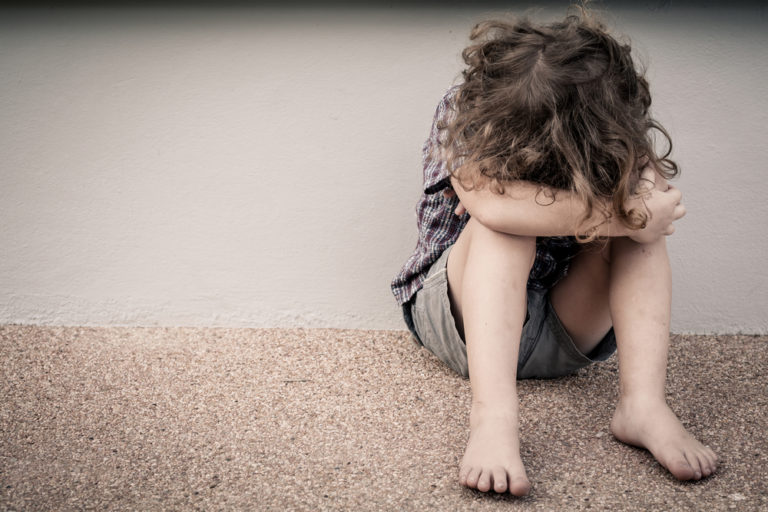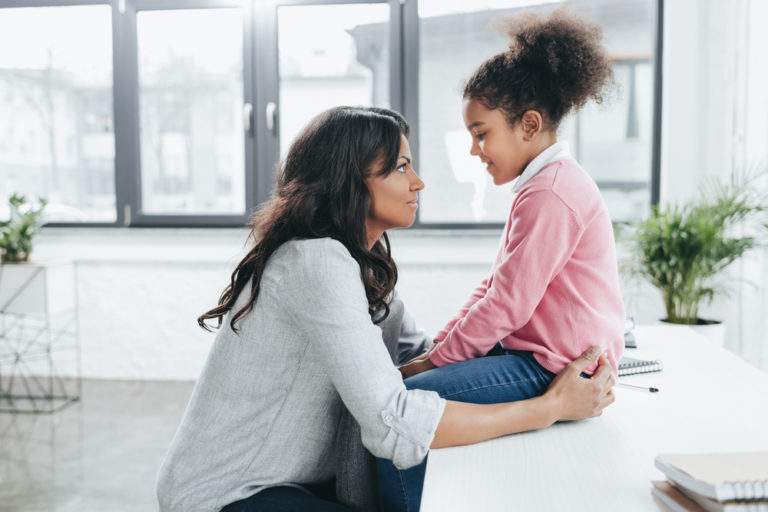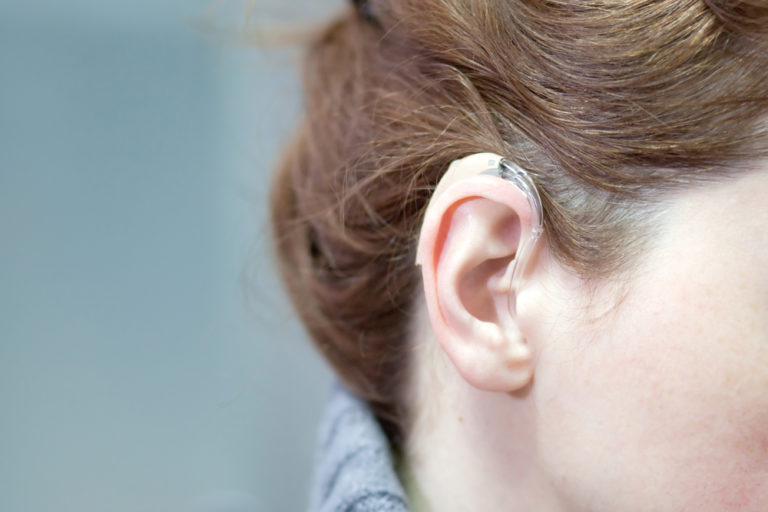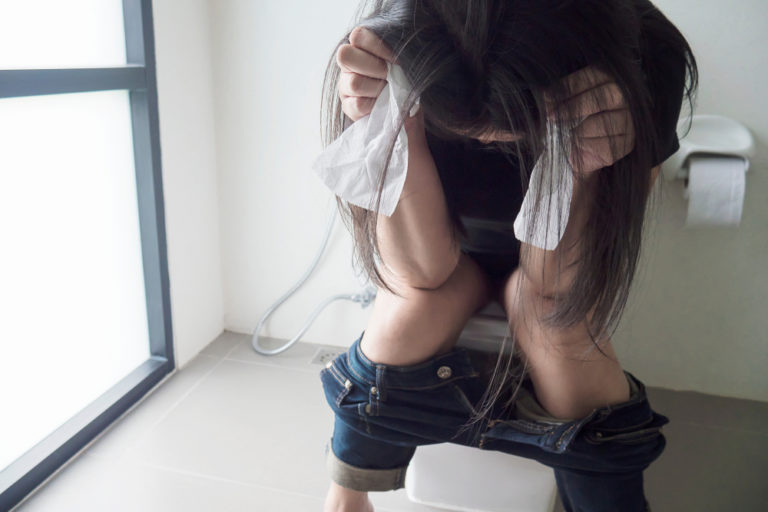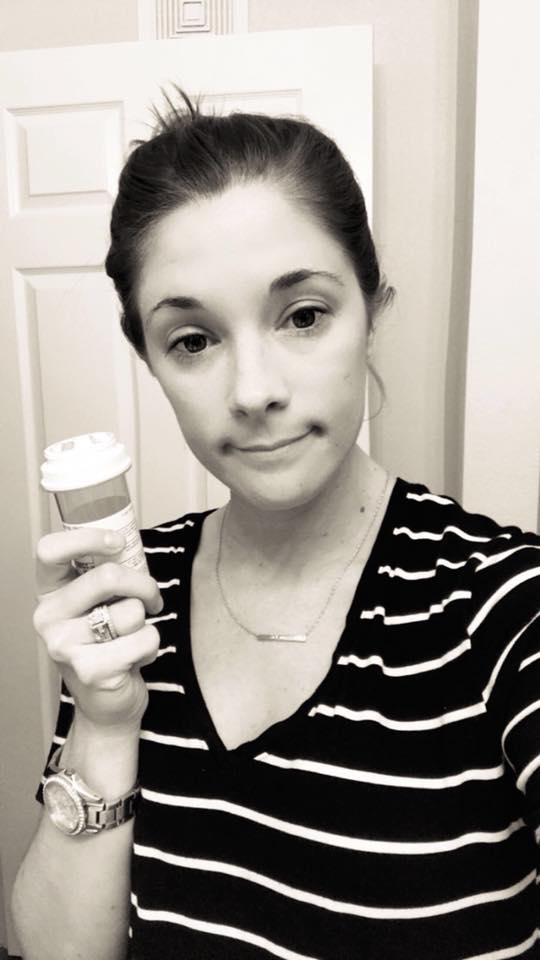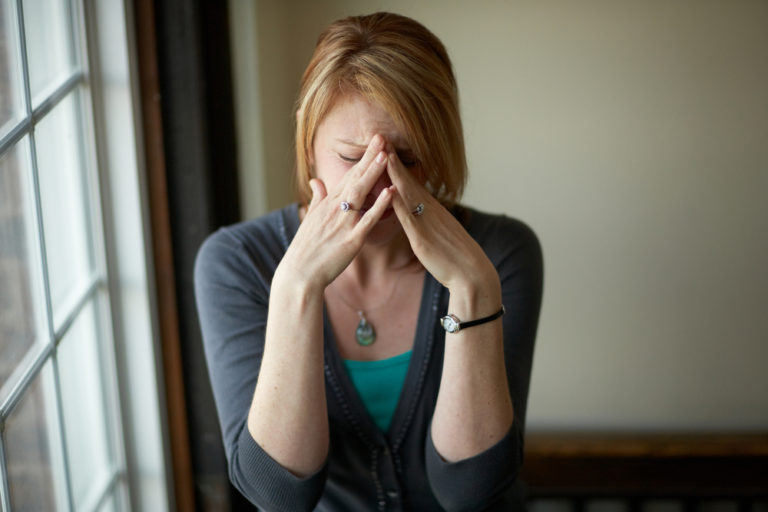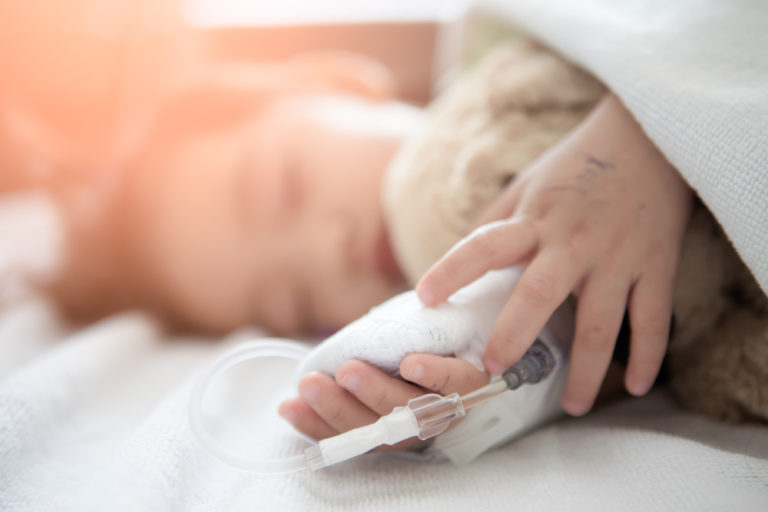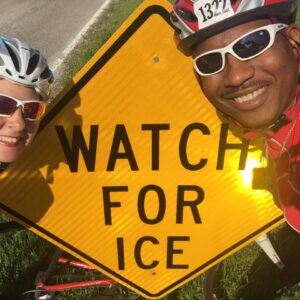As new parents frequently lament, kids don’t come with manuals. Parenting is very much a learn-as-you-go gig. One of the first things you learn is that the unexpected will happen. There will be times when you don’t have the answer and don’t know how to help your child. When your child is diagnosed with an invisible disability you not only will have much to learn, but may sometimes feel invisible, too.
Being the parent of a child with special needs is difficult. That goes without saying. But when you are talking about one of a number of conditions that challenge a child’s ability that, to most, are not visible, you are also looking at conditions that can be difficult to diagnose. Many people will disregard your concerns or even offer (non-helpful) advice on how to handle your child.
Parenting a child on the high functioning end of the autism spectrum, or one with dyslexia, anxiety, ADHD or similar conditions can be just as difficult as some of the more visible disabilities, but also more isolating. In many cases, the support network simply isn’t there. When you get the sense that something is different and begin the search for a diagnosis, your life changes. You gain a new vocabulary: executive function skills, dysgraphia, misophonia, auditory processing, nonverbal learning (which does not mean “not speaking”), dyscalculia, dyspraxia, processing speed, metacognition, working memory. You quickly discover that you can’t help your child until you learn how to navigate the IEP process and that help here is difficult to find.
Strangers look at you; you know they are judging as your child melts down over something seemingly minor, like a clock that is ticking too loud, a tag that has suddenly become unbearably scratchy or a minor disappointment such as the “wrong” person working at the library that day. You read the unspoken message in their eyes: “You really need to get your child under control,” or “That child is spoiled.” Sometimes strangers even say these things or worse, like, “All that child needs is some discipline—I wouldn’t tolerate that behavior.”
As your child moves to middle school, you may find the school environment, which was once warm and welcoming, has become hostile, now that your child needs extra resources to keep up with her classmates and children are sometimes expected to act like little adults. When your child is exceptionally smart and receives both enrichment activities as well as learning support (known as twice exceptional), many people can’t comprehend the reality and many subconsciously label him “lazy”. You are told to do less, that “she needs to take more responsibility”.
You get a call from the school (which is one of the only numbers you always answer) and her teacher is telling you your normally chatty child has shut down and won’t communicate at all (which you warned them at your parent/teacher meeting in September will happen at some point). You try to explain and soon realize you are crying in the cereal aisle at Target where people are starting to stare at you.
As your child gets older, there may be self-esteem issues, anxiety and depression. You hear your child mutter, “I wish I were dead.” This terrifies you and you seek out help. You go to “experts” and soon those experts are working against you, treating the symptom and not the problem and the self-esteem issues get worse. Your child may exhibit self-harming behavior, whether it is pulling hair until it comes out in clumps, banging his head against the table or using a paper clip to cut gouges in her skin.
You are tormented with “what ifs” and the “coulda/shoulda/wouldas”.
What if we searched for a diagnosis sooner? What if I didn’t work outside the home? What could I have done differently? Could we have found a way to afford tutors and other specialists? I really should have noticed he was struggling. I should have insisted on helping when she said she had things under control. Would a private school be a better environment? Should I try to homeschool?
And then you look around and guilt sets in.
So many other parents are dealing with very challenging, very visible disabilities. You count your blessings. Your child walks and talks. Your child gives hugs and says “I love you.” You have a reasonable expectation that your child will one day live independently. You have few fears for her future without you. So you stay quiet. You don’t talk about your fears, your feelings of inadequacy, your almost constant questioning of what you did wrong. You don’t talk about how challenging it is or the days where you are so tired of fighting to ensure that your child gets what he or she needs that you struggle to get out of bed.
Friends and family say you do too much, that your child will not learn if you don’t back off. So you do; sometimes it is OK and other times your child backslides to the point you wonder if forward motion will ever again be possible. You question how well you know your child and wonder if you are holding her back, acting as a crutch. On the other hand, if you pull the support away, how far will she fall? Even the “experts” can’t agree. One doctor wants to prescribe medication, another wants to pursue behavioral therapy. Still another says that electroshock therapy is most effective. You bury yourself in research yet again and it all sounds terrifying so you decide to do nothing, for now.
Things start to get better. You wonder if he might “grow out of it”. (Though you know that won’t really be true; the best to hope for is that adaptations can be made to the environment to make life a little easier.) You start to breathe and believe it is all manageable, and there is a setback. You try to course correct and since your child is older, you are seen as ridiculously overprotective.
A guidance counselor once pointed out that by advocating for your child, “You are doing your job; no one else is going to.” She likely doesn’t know how much these words meant, how they have been a lifeline over the years. Her words got you through the tough times. They gave you the strength to ignore the looks and comments and do what you knew your child needed. If only the rest of the world could understand. If only people would stop and think before they judge, “Maybe there is something going on here I don’t know or understand. Maybe things are not what they seem.” Maybe then, these special parents of very special children could breathe a little easier and in those critical moments, worry about how to meet their children’s needs, and not worry about what others think. Maybe then, these children, who are in fact very capable, could have a fighting chance to simply be kids.

If you liked this, you'll love our book, SO GOD MADE A MOTHER available now!
Order NowCheck out our new Keepsake Companion Journal that pairs with our So God Made a Mother book!
Order Now

